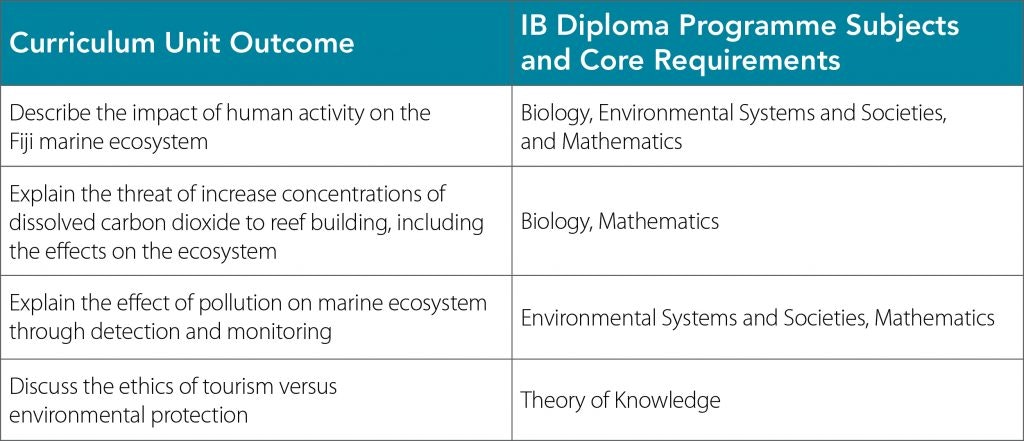Teaching development and service effectively starts with connecting curriculum outcomes to real-world learning experiences. This guide shows IB, CAS, and international school educators how to integrate service learning, experiential education, and global perspectives into their curriculum using proven strategies from the field.
Complete Curriculum Alignment Planning Guide →
Why Teaching Development and Service Matters
Parents in international schools invest significantly in school trips, and educators are responsible for ensuring these experiences deliver clear educational value. When development and service learning are intentionally planned and tied to curriculum outcomes, trips become powerful tools for building 21st-century competencies such as critical thinking, collaboration, communication, creativity, and global citizenship.
As Thoughtful Learning notes, students today must solve problems creatively, communicate across media, adapt to rapid change, and produce work that meaningfully contributes to an information-rich world. These competencies cannot be developed through classroom instruction alone; they require authentic, real-world experiences.
Linking Classroom Learning to Real-World Experiences
The IB Blog highlights the growing importance of experiential learning and student self-discovery. Whether teaching within IB, AP, MYP, or other curriculum frameworks, development and service learning reinforce academic objectives by helping students apply concepts in a global context.
Because these skills are interdisciplinary, experiential learning becomes a natural extension of the classroom. The Marine and Environmental Field Studies in Fiji program demonstrates how science, sustainability, leadership, communication, and service integrate organically without forcing curriculum links.

When aligned to clear unit outcomes, experiential travel provides measurable educational impact. Below is an example of curriculum outcomes identified with a Rustic Program Coordinator for the Marine and Environmental Field Studies Program.

How to Teach Development and Service Effectively
Teaching development and service requires intentional planning that bridges curriculum outcomes with hands-on experiences. Below are practical strategies used by international schools that integrate experiential learning into formal assessment frameworks:
1. Start with Curriculum Outcomes
Identify which IB, MYP, AP, or school-specific learning outcomes naturally align with development topics, global issues, sustainability, or community partnerships.
2. Build Experiences That Reinforce These Outcomes
Students learn best when theory connects to lived experience. Choose programs where fieldwork, cultural immersion, or service provides meaningful application of classroom concepts.
3. Integrate a Structured Reflection Cycle
Use the Experiential Learning Cycle (experience → reflection → conceptualization → application) to help students translate travel experiences into academic growth.
4. Introduce a Service Component Early
Service learning strengthens global awareness, leadership skills, and empathy. Students gain a deeper sense of purpose when their actions support SDG-aligned community needs.
5. Communicate Educational ROI to Parents
Clearly explain how the trip supports curriculum goals, builds essential skills, and strengthens academic performance. This builds trust and demonstrates the value of experiential learning.
See Curriculum-Aligned Week Without Walls Programs →
Integrating Service Learning for Deeper Global Understanding
Introducing a structured service element strengthens the global learning dimension of any experiential program. Service learning builds empathy, leadership, initiative, and cultural understanding—skills not always reflected in traditional academic assessments yet essential to students’ long-term growth.
With clear unit outcomes and intentional planning, parents gain confidence in the trip’s educational ROI, and students benefit from meaningful global engagement. This integration supports IB CAS strands, Service as Action, and global education frameworks.
To explore curriculum-aligned experiential travel opportunities, visit the Rustic Pathways Group Travel page.
